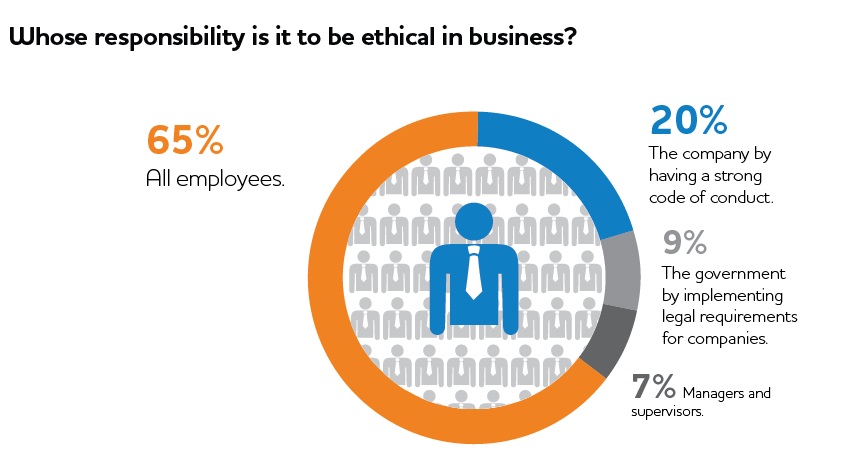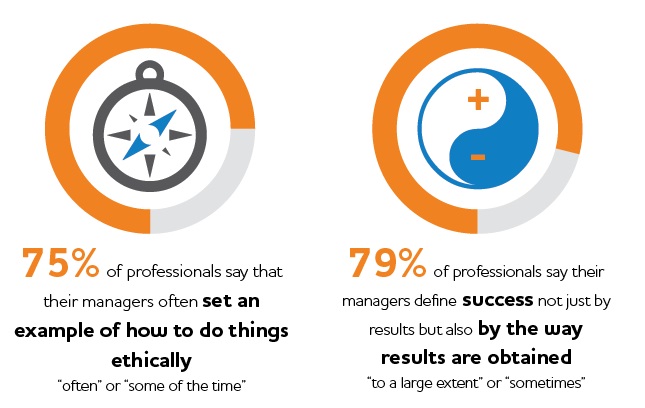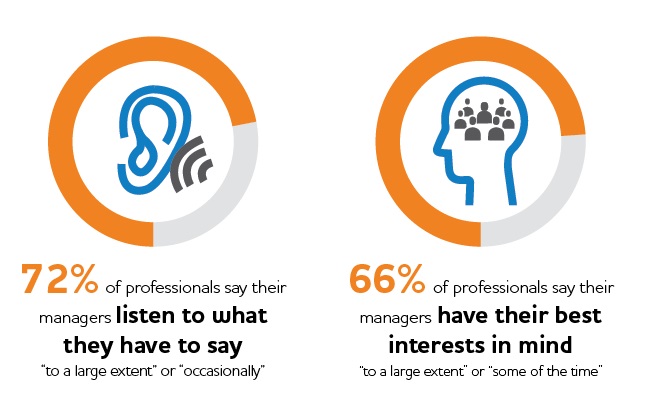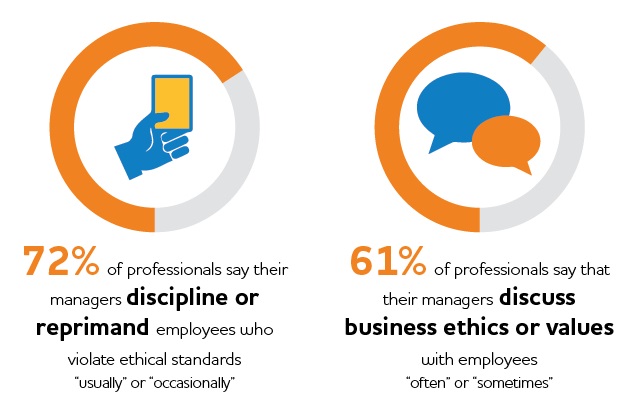
We often hear about the negative impact of making ethical mistakes in business. We hear about fines, boycotts, and very embarrassing scandals that make us doubt the very integrity of organizations we admire. What we don't hear often about are the benefits of ethics, and how ethical leadership can have a positive ripple on business -- especially when it's programmed into an organization's corporate culture. These days, it's more important than ever before to program ethical leadership by having set ethical guidelines and procedures. Leaders who understand this are more likely to attract top employees and clients. When they set the right example for other employees, they help create an environment that encourages good corporate citizenship, and that motivates employees to perform better and more innovatively. W ith a wareness about the importance of business ethics, Bayt.com embarked on a research journey into ethical leadership in the Middle East, which we did in collaboration with Canadian University Dubai. The poll sample showed that the building blocks for a more sustainable form of leadership in the region indeed exists.





1. Recognize that being ethical is not just about doing what is required by law , but living by moral values in your personal and professional life.
2. Respecting our team means taking a few minutes to show genuine interest in them as people and not just as someone who does work for us.
3. Empathy means putting ourselves in the shoes of our employees and being compassionate and understanding about things that are outside of their control.
4. Focusing on the triple bottom line of people, planet, and profits is about prioritizing people first before profits and also considering the planet by being environmentally friendly.
5. Employees are more likely to reciprocate when their managers exhibit trust worthy behavior, it is important to demonstrate justice and transparency in decision-making processes.
6. Asking for feedback and suggestions from our staff shows trust and respect for their opinions.
7. Sharing information with, trusting in, and delegating tasks to your team will empower and motivate them, yielding tremendous dividends in their creativity.
8. Being a moral manager is about clearly communicating what is not acceptable behavior and ensuring your employees understand that you have an open door to discuss any potential ethical dilemma. Prevention is better than cure.
9. Clearer codes of conducts are required to help employees discern the different shades of grey in the ethical continuum. It is essential that training and explicit discussions about ethical issues are conducted regularly.
10. Include ethical behavior in performance metrics and employee review s, and set the right cultural tone.